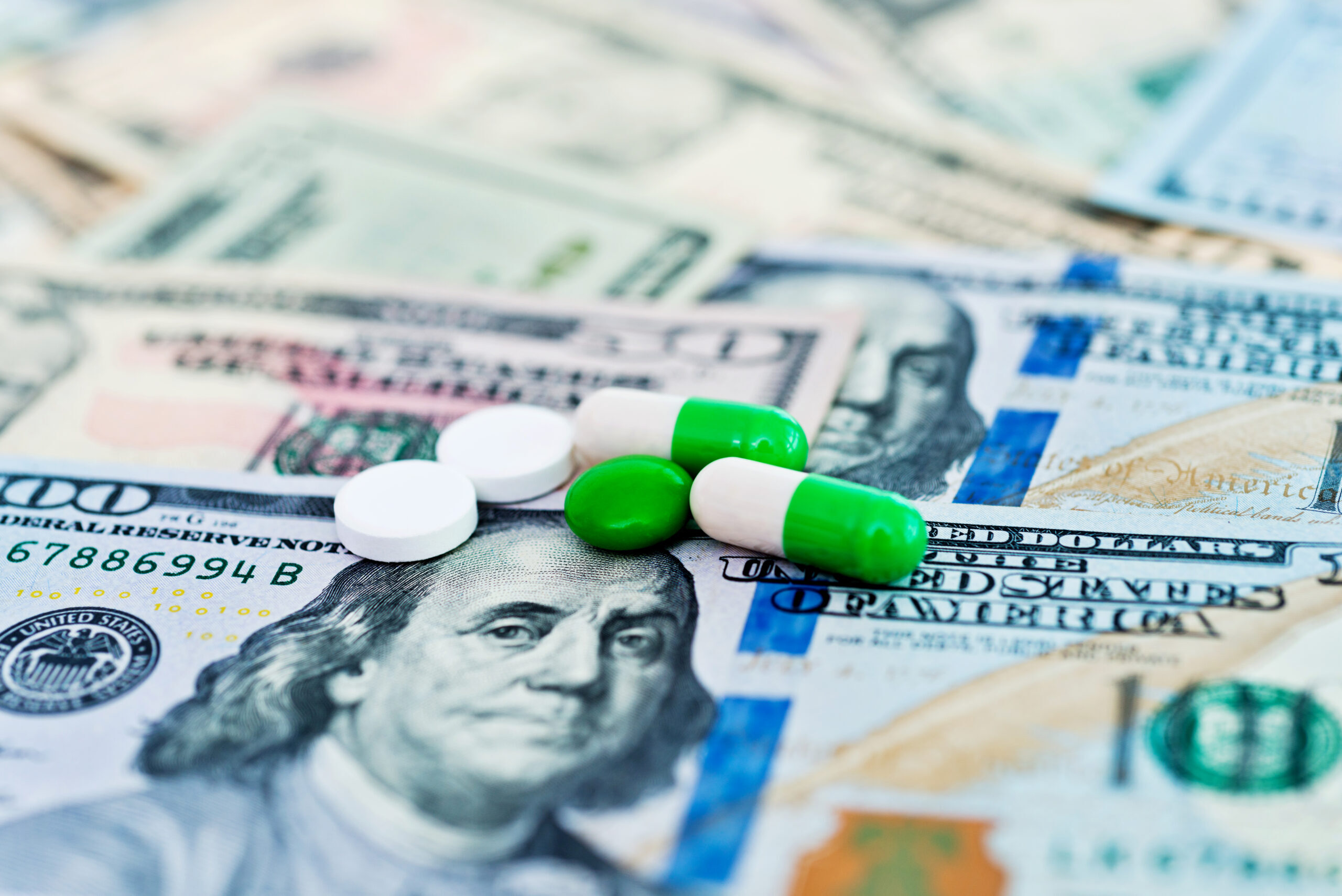© 2025 CSRXP- All Rights Reserved

CSRxP: DISAPPOINTED CONGRESS DID NOT PASS CORNYN-BLUMENTHAL AND Q1/Q2 REFORMS TO HOLD BIG PHARMA ACCOUNTABLE, INCREASE COMPETITION
Dec 21, 2024
Campaign Will Work with Lawmakers in the New Congress and the New Administration to Advance These Bipartisan, Market-Based Solutions to Lower Drug Prices for Patients
Washington, D.C. – The Campaign for Sustainable Rx Pricing (CSRxP) released a statement Saturday following the passage in Congress of government funding legislation without the inclusion of The Affordable Prescriptions for Patients Act (S.150), also known as Cornyn-Blumenthal, and Q1/Q2 reforms.
“CSRxP is disappointed Congress was not able to pass Cornyn-Blumenthal and Q1/Q2 reforms that would help hold Big Pharma accountable for gaming the system to extend monopolies and keep drug prices high,” said CSRxP executive director Lauren Aronson. “These market-based solutions have previously garnered overwhelmingly bipartisan support, and CSRxP will continue working with a new administration and new Congress to pass these, and additional solutions, to lower drug prices for patients by cracking down on Big Pharma’s egregious anti-competitive practices.”
The U.S. Senate unanimously passed Cornyn-Blumenthal, a longstanding priority for CSRxP, in July. The bill would hold Big Pharma accountable for patent thickets that block competition from more affordable alternatives and impose billions of dollars in higher drug costs on patients and the U.S. health care system each year. The nonpartisan Congressional Budget Office (CBO) has estimated the bill would save $1.8 billion.
A January 2023 report from Matrix Global Advisors, “Patent Thickets and Lost Drug Savings,” quantified the one-year cost of lost savings on five brand name drugs around which Big Pharma has built especially egregious patent thickets. The five drugs were AbbVie’s autoimmune drug Humira and oncology drug Imbruvica, Regeneron’s ophthalmology drug Eylea, Amgen’s autoimmune drug Enbrel, and Bristol Myers Squibb’s oncology drug Opdivo.
The report assesses what the savings would be for these five drugs if “a steady state of competition [existed] where generics and biosimilars have achieved price discounts and uptake currently observed in the market.” Based on these calculations, the estimated one-year cost of patent thickets on each of these brand name drugs was:
- $7.6 billion for Humira
- $3.1 billion for Imbruvica
- $2.5 billion for Eylea
- $1.9 billion for Enbrel
- $1.8 billion for Opdivo
This amounts to a total of more than $16 billion in additional drug spending each year, for just these five brand name drugs.
Another way Big Pharma games the system to block competition from more affordable alternatives to high-priced brand name drugs concerns a process known as “Q1/Q2 sameness,” which refers to a requirement from the U.S. Food and Drug Administration (FDA) that “generic drug manufacturers mimic the brand-name drug formulation for certain formulations” so that these drugs are “Qualitatively the same, or Q1,” meaning they contain the “same inactive ingredients,” and that they are also “Quantitively the same, or Q2,” in that they have “essentially the same concentration” of these ingredients.
The problem arises in the fact that brand name drug makers can assert “trade secret protection” around many of the products generic drug makers are attempting to copy, meaning generic drug manufacturers have to “essentially play a protracted guessing game with FDA.” As Association for Accessible Medicines (AAM) CEO John Murphy III wrote in a recent column, this leads to “a lot of spilled ink, wasted resources and unnecessary red tape,” and has “delayed generic competition, and in particular competition for critical complex products—a growing category of medicines that have complex active ingredients, formulations, or routes of administration—that are frequently expensive and desperately require generic competition.”
One example Murphy cites is brand name drug maker Allergan’s dry eye drug Restasis. According to Murphy, “[i]t took FDA nine years to approve a generic version of Restasis because of asserted formulation trade secret claims by the brand-name manufacturer, Allergan. During that time, U.S. patients and payers were shelling out a lot for the extraordinarily expensive brand-name drug even though the relevant patents on Restasis had long been invalidated or expired.”
According to AAM, Q1/Q2 reforms would “save the U.S. healthcare system nearly $900 million over 10 years and bring lower-cost medicines to patients sooner.”
Read more on Q1/Q2 reforms HERE.
Read more on Big Pharma’s patent abuse and Cornyn-Blumenthal HERE.
Read more on bipartisan, market-based solutions to hold Big Pharma accountable HERE.
###
